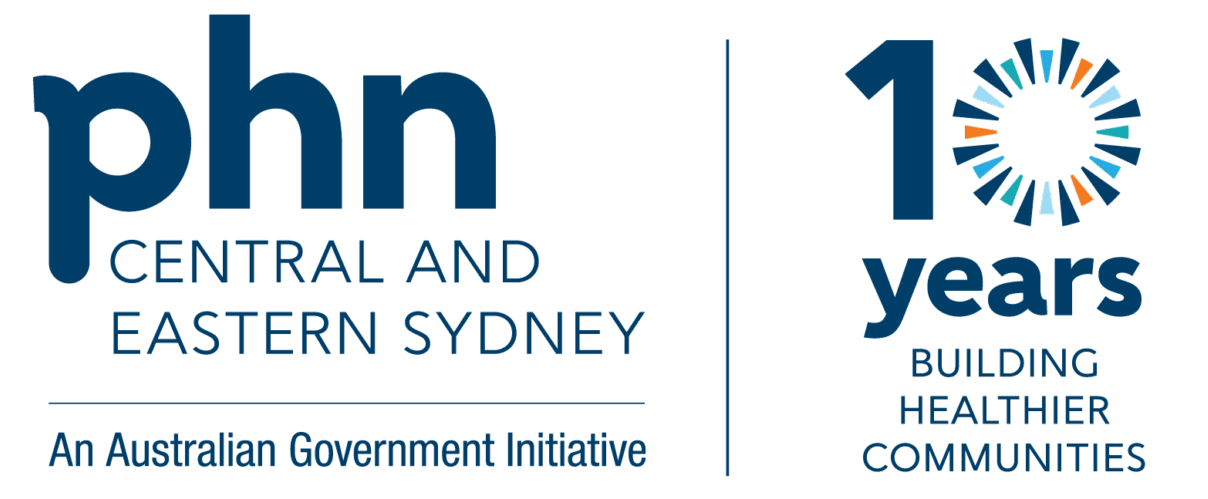
The GP Psychiatry Support Line is an initiative that was funded by CESPHN and other PHNs in NSW from 2018 until 30 June, 2023. The Department of Health now funds this service nationally and the phone line is available to all Australian-based GPs.
The support line provides GPs with free, instant advice from a psychiatrist. During the calls you can cover topics such as medication, diagnosis, and treatment plans. You can call as often as you need.
Staffed by psychiatrists, the Psychiatry Support Line was established in July 2018 in response to GPs indicating they would like timely access to psychiatry expertise. It’s not about triaging or referring consumers to a psychiatrist, but rather ensuring that consumers can be treated within primary care, under the guidance of their GP.
Registration for the GP Psychiatry Support line takes 2 minutes.
You’ll need your AHPRA Registration Number, and practice details.
Visit www.gpsupport.org.au or call 1800 16 17 18






